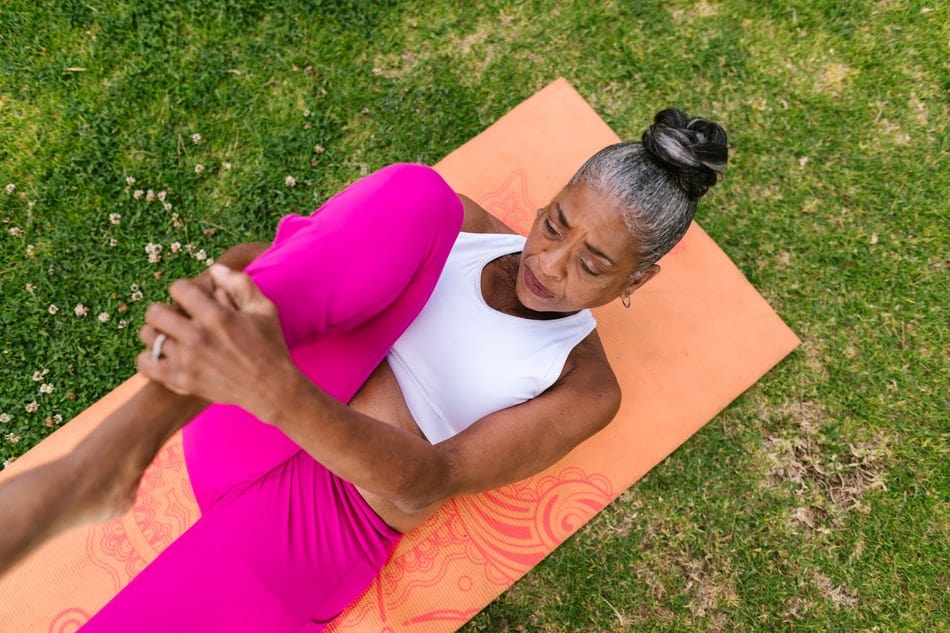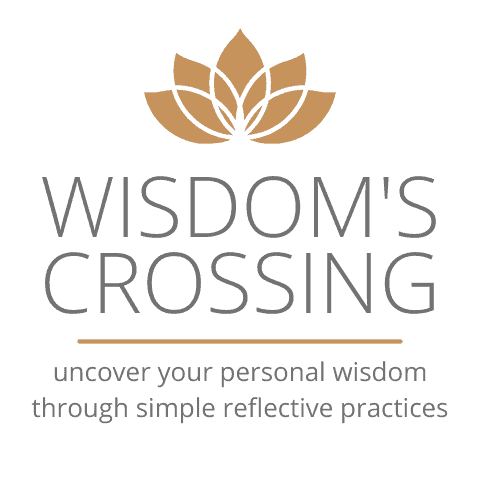Ashtanga Yoga is a form of yoga that is growing in popularity. But what is the purpose of Ashtanga Yoga? And how can it benefit you? I will discuss the history and purpose of Ashtanga Yoga, and I will also explore some of the benefits that this type of yoga can provide. If you are interested in learning more about Ashtanga Yoga, then this article is for you!
The purpose of Ashtanga Yoga is to cleanse the body and mind, promoting physical and mental well-being. The practice involves synchronizing breath with movement (vinyasa), holding postures (asanas), and focusing on the breath. The goal is to purify the body and develop strength, flexibility, and stamina.
History Of Ashtanga Yoga
The practice of Ashtanga yoga was developed by Sri Pattabhi Jois in the early 1900s. He was inspired by the ancient yoga texts, particularly the Yoga Sutras of Patanjali. Jois taught this system of yoga as a traditional gurukula or teacher-student relationship in which students lived with and were educated by their guru.
Today, the Ashtanga system is one of the most popular styles of yoga around the world. It is characterized by its dynamic and flowing sequences, which are often synchronized with the breath. This style of yoga can be physically challenging, but it is also very rewarding.
If you’re interested in trying Ashtanga yoga, there are many great resources available. You can find online classes, DVDs, and books that will help you get started.

Benefits Of Ashtanga Yoga
When people hear the word yoga, they often think of complicated poses and breathing exercises. However, there are many different types of yoga, each with its benefits. Ashtanga yoga is a type of yoga that focuses on linking breath and movement. Ashtanga yoga can provide many benefits.
If you’re looking for a challenging yet rewarding workout, Ashtanga yoga may be right for you. Here are five benefits of Ashtanga yoga:
- Improved Flexibility: One of the main benefits of Ashtanga yoga is improved flexibility. The movements in Ashtanga Yoga are designed to stretch and strengthen your muscles. With regular practice, you’ll notice an increase in your range of motion and a decrease in stiffness.
- Improved Strength: In addition to improving flexibility, Ashtanga yoga can also help to build strength. The poses in Ashtanga yoga require you to use your body weight to support yourself. This can help to tone your muscles and improve your overall strength.
- Improved Stamina: Ashtanga yoga is a physically demanding practice. The continuous flow of movements can help to increase your stamina and endurance. With regular practice, you’ll be able to better handle physical challenges both on and off the mat.
- Improved Concentration: One of the key principles of Ashtanga yoga is “Drishti,” or focused gaze. This helps to improve concentration and focus, both on and off the mat. By keeping your gaze focused, you’ll be able to better connect with your breath and movements.
- Improved Overall Health: Ashtanga yoga can help to improve your overall health in many ways. The physical benefits of Ashtanga yoga can help to improve your cardiovascular health, respiratory function, and digestion.
Additionally, the relaxation techniques learned in Ashtanga yoga can help to reduce stress and promote a sense of well-being. Whether you’re looking to improve your physical health or mental well-being, Ashtanga yoga may be right for you.

What Makes Ashtanga Yoga Unique?
The breath-synchronized movement in Ashtanga yoga is what distinguishes it from other forms of vinyasa yoga. Inhales are paired with upward movements and exhales are paired with downward movements. The result is a flowing, dynamic practice that can be both challenging and meditative.
The use of bandhas is another key element of Ashtanga yoga. There is three main bandhas. Finally, Drishti plays an important role in Ashtanga yoga. Drishti is a focused gaze that helps to improve concentration and balance. There are nine different Drishti, each of which should be used during specific asanas (postures).
Ashtanga yoga is truly a unique form of yoga that is perfect for those who are looking for a challenging, yet meditative practice. If you’re interested in trying Ashtanga yoga, be sure to find a qualified instructor who can help you learn the proper techniques.
Should Beginners Try Ashtanga Yoga?
There’s no denying that Ashtanga yoga is intense. It’s a physically demanding practice that requires a lot of strength, flexibility, and endurance. So, should beginners give it a try?
The answer isn’t so simple. If you’re new to yoga, it might be best to start with a gentler style like hatha or yin. However, that doesn’t mean you can never do Ashtanga yoga. If you’re reasonably fit and have some experience with other styles of yoga, you may be able to handle the intensity of Ashtanga.
Of course, the only way to know for sure is to give it a try! If you decide to give Ashtanga yoga a go, be sure to start with a beginners class or private lesson. And listen to your body – if it’s too much, stop and rest. You don’t want to push yourself too hard and end up injured.
Can I Do Ashtanga Yoga Every Day?
The short answer is yes, you can do Ashtanga yoga every day. However, the practice is not for everyone and there are a few things to consider before starting a daily practice.
If you have any injuries or health concerns, it’s important to consult with your doctor before beginning any new exercise routine. Once you’ve got the green light from your doctor, there are a few things to keep in mind as you start practicing Ashtanga yoga every day.
Bottom Line
The purpose of Ashtanga Yoga is to ensure the mind and body are clean, ultimately leading to self-realization. Though the practice can be challenging, it is incredibly rewarding for those who stick with it. If you’re looking for a way to improve your physical and mental wellbeing, Ashtanga Yoga may be right for you. Give it a try and see where your practice takes you!

